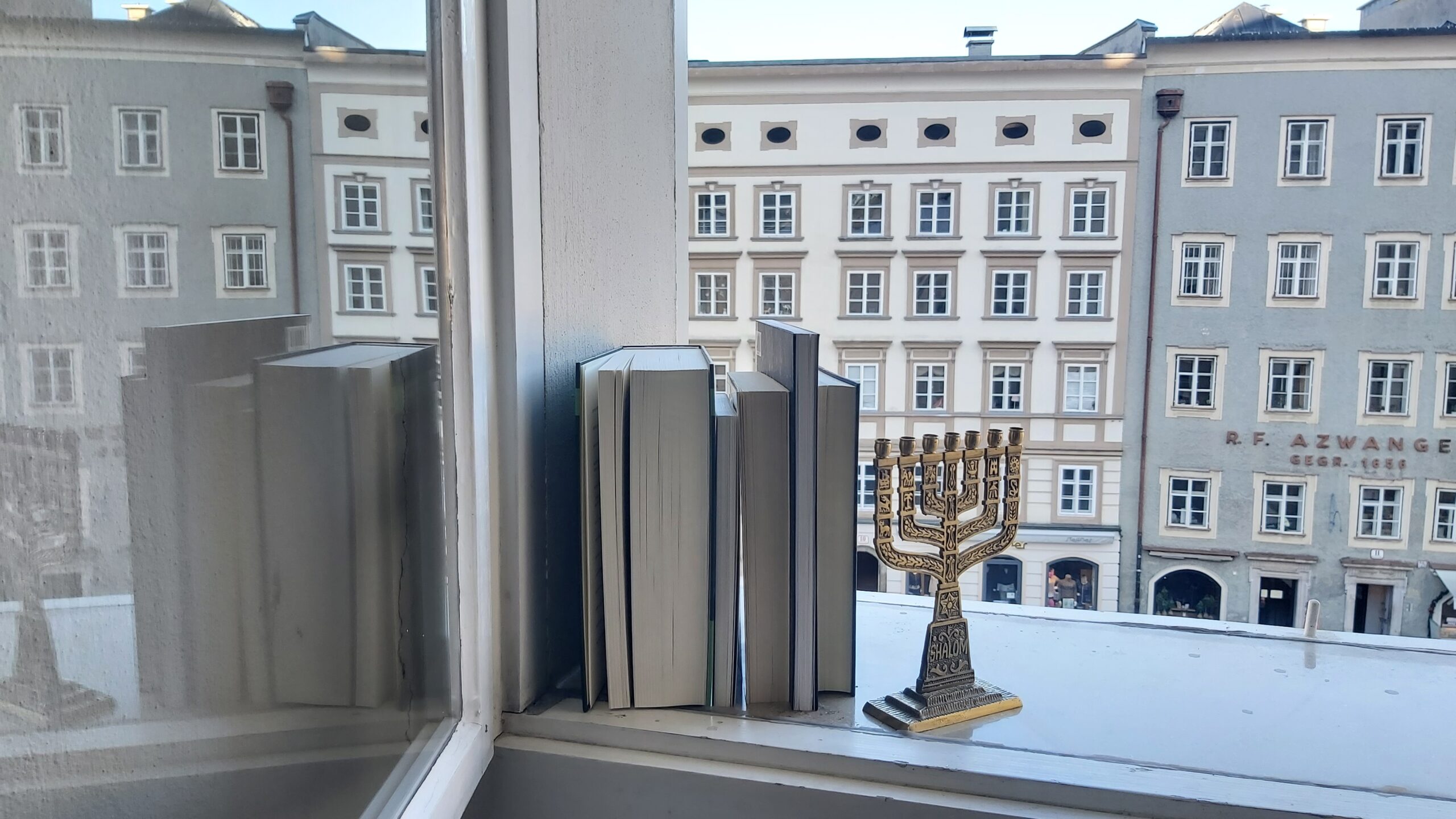Developing a Theology of Interreligious Dialogue from a Jewish-Christian Perspective


PROJECT FRAMEWORK
In line with the Mission Statement of the joint project framework, interreligious dialogue provides resources to respond to social transformation processes and challenges under the banner of religions.
THEMATIC OUTLINE
In view of the globalization effects of religions, which are intensified in the course of migration movements and the literally synchronous topicality of all world events provided by the Internet, increased efforts for dialogue are needed at all levels.
A special role is played by the Jewish-Christian dialogue, which connects two religious communities that have decisively shaped the West in terms of cultural and religious history, but are themselves involved in a profound (Christian guilt) history of tensions and upheavals up to anti-Semitism and the Shoah. In turn, a wide variety of models and expectations of the religious relations between Judaism and Christianity are embedded in this history – dependent, for example, on the apocalyptic image of Israel in evangelical churches and in fundamentalist Christian sects. That this has concrete political consequences can be seen in the Trump administration’s decision to recognize Jerusalem as the capital of Israel, which in turn refers back to political processes in the United States since the 1980s and 1990s.
The paradigmatic significance of the Jewish-Christian dialogue can be determined by reflecting on the conditions under which the Shoah and anti-Semitism were made possible by the Christian churches. For the Catholic Church, the Second Vatican Council, with its declaration Nostra Aetate, made possible a breakthrough in Jewish-Catholic relations, which has been reflected in various declarations from the Jewish-Orthodox but also from the Catholic side in recent years. This is where a new understanding of the other religious community comes into play, which at a crucial point can also take on a model significance for other religious contacts: beyond appreciation and religious recognition, ways are emerging, on the one hand, to find a condensed theological conversation between the religious traditions, and on the other hand, to possibly be able to understand the meaning of the conversations themselves theologically.
That this shift itself is interpretatively open, even controversial; The fact that new potential for conflict can arise in this way, both within and between religious communities, only reinforces the challenge of re-establishing a discursive relationship at this level that corresponds to the possibilities and horizons of responsibility of globalized religious communities.
GOALS
The main objective of the project is to further develop Jewish-Christian dialogue on three levels:
- at the level of basic theological research with regard to relevant dialogue topics that open up innovative potentials for academic discourse;
- at the level of social opinion-forming and public discussions in order to bring about a change of attitude towards Judaism beyond habitualized anti-Judaism and anti-Semitism;
- at the level of consultations in decision-making areas relevant to religious policy in order to identify problems, clarify misunderstandings and strengthen cooperation between religious communities in secular contexts.
ACTIVITIES
- Research Projects (PostDocs, Docs)
- Research Colloquia
- Lectures
- Young Talent Network
- “Seelisberg Prize” in cooperation with the ICCJ
- Research Fellow (in the winter semester)
- Consultancy work (commissions, etc.)





